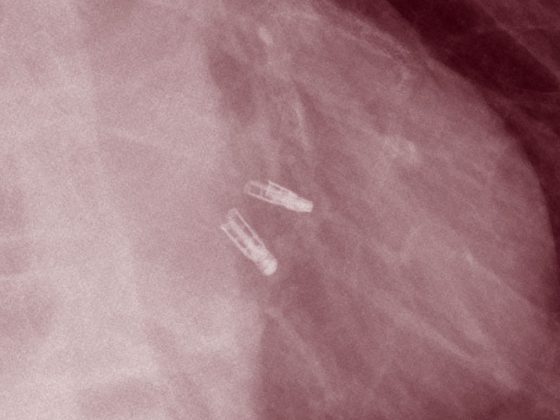Every year, around 280,000 people suffer a heart attack in Germany alone. In addition to high blood pressure, high blood cholesterol levels, smoking, obesity and lack of exercise are the main causes of this serious disease.
Scientists at Charité and the Berlin Institute for Health Research (BIH), together with colleagues at the Cleveland Clinic Ohio, have now found that certain metabolites of the gut microbiome can also increase the risk of heart attack. According to the study, patients with a high concentration of trimethylamine oxide had a two- to fivefold higher risk of heart attack than people with a low concentration. According to the scientists, the metabolite apparently stimulates endothelial cells to produce factors that promote blood clotting and vascular inflammation. This in turn calls up monocytes, which in turn promote atherosclerosis and thrombosis in the blood vessel walls. The finding about the link between the microbiome and heart attacks raises hope for new therapeutic options. The aim is to reduce the risk of heart attack by influencing the bacteria without increasing the risk of bleeding.
Source: Press release Berlin Institute of Health (BIH), How gut bacteria influence heart attack risk, Dec. 10, 2018.
CARDIOVASC 2019; 18(1): 4











